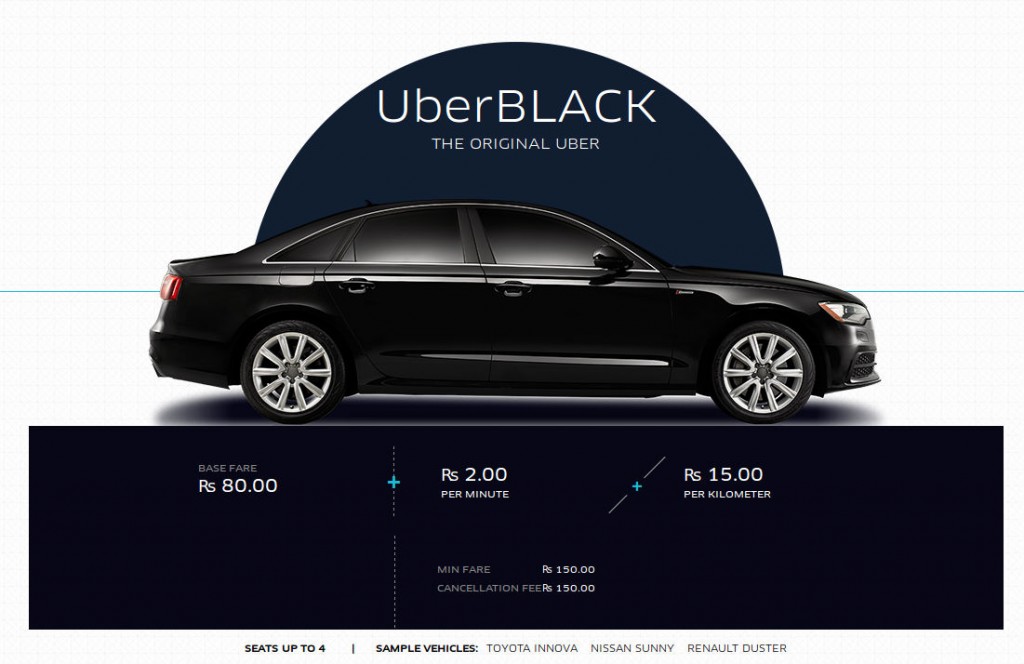After a spate of nasty controversies in the capital, Uber has tightened its background checks on potential drivers in India. The international cab booking company was banned by the Delhi government last December following public outrage after one of its drivers allegedly raped a 26-year-old executive. Uber restarted operations last month after applying for a radio taxi licence.
Now, Uber Technologies Inc., the company behind the service has tightened background screening of its drivers in India to include inspection of criminal court records, in conjunction with screening specialist First Advantage after a pilot period and “extensive testing” of “multiple” alternatives.
“Our arrangement with First Advantage brings in additional layers of screening over and above the standard transport licensing process including: address verification, a local criminal court search, and a national criminal database search,” Uber said in a statement. “In recent weeks we set out to introduce enhanced safety measures that go above and beyond industry standards and government requirements in India,” First Advantage added.
In India, Uber had asked its drivers for several government identification documents and a police verification certificate before enrolling them. By contrast, in the United States, Uber conducts a three-step screening on drivers where courthouse records are checked for the past seven years.
India is Uber’s largest market outside the United States by the number of cities covered. The country’s radio taxi market is estimated to be worth $6 billion to $9 billion.



